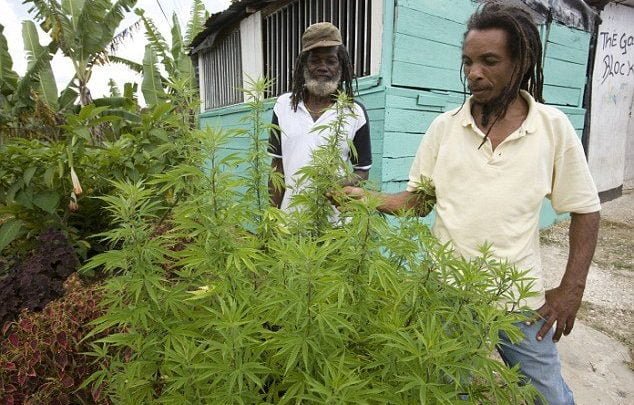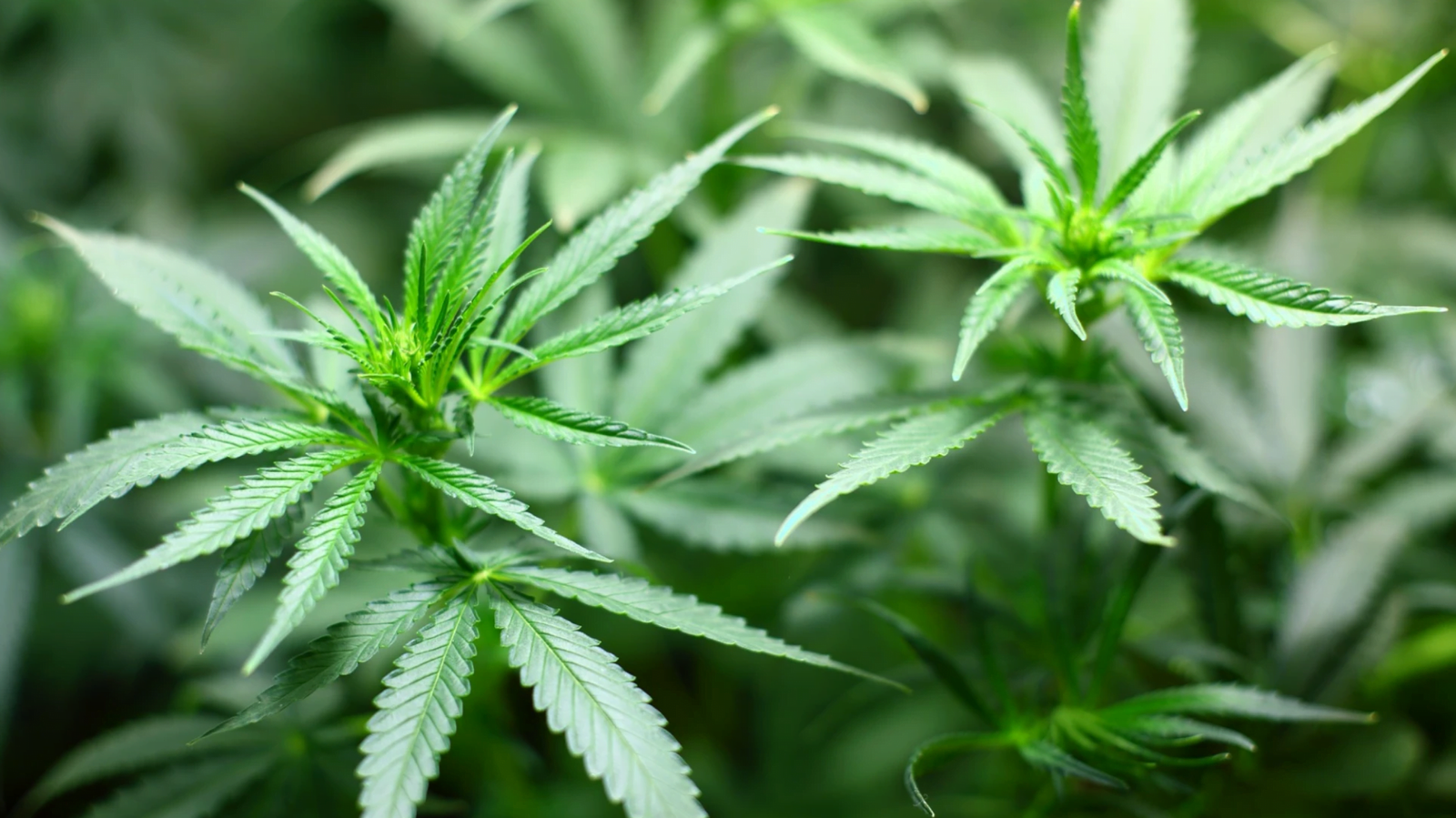Marijuana commission to submit final report in early November
NASSAU, BAHAMAS — While the Bahamas National Commission on Marijuana has not yet taken a definitive stance on marijuana use in The Bahamas, its recommendations will give the government options for various regulated models, according to commission co-chair Quinn McCartney.
McCartney projected The Bahamas could see some form of regulation, not dissimilar to Jamaica’s heavily regulated model, within a short period of time.
“It is something that can be implemented, once it is properly organized and the right resources are invested,” McCartney said.
“I think it’s something that could be doable in a short period of time.”

Commission members recently traveled to Jamaica where they met with representatives from the Cannabis Licensing Authority, the Ministry of Justice and the Ministry of Industry.
“What we found in Jamaica is that it is a heavily regulated jurisdiction in terms of this whole issue of cannabis and their leaning is strictly towards medical and therapeutic use,” McCartney told Eyewitness News Online.
“There is no recreational use per se in Jamaica. They are very strict as to using marijuana in public. While their law allows persons to grow a certain number of plants in private — in their homes, in their private property — it is not an open jurisdiction where persons can freely trade and purchase marijuana.
“Those people who may get access to it is usually for medical or therapeutic purposes, but in a very, very controlled environment. That was a very interesting concept that we found, but their law is very detailed, [and very] specific in terms of what can and cannot happen. And let me just say that based on what we have seen, it is probably a good starting foundation to look at this whole issue in The Bahamas.”
When asked if the commission has made specific recommendations for The Bahamas to proceed with marijuana, McCartney said: “We may not come down on the side specifically of any particular recommendation, but we certainly will be looking the pros and cons of any decision that we make. The commission has not at this point taken a stand of any one issue and said we are for or against any particular issue, but I think it’s safe to say we are going to be guided by what’s happening in other countries.”
The commission expects to submit its recommendations to the government in early November.
It was expected to handover its findings in April, but received an extension to October 31.
The report is expected to address the medical, industrial, economic, religious and ceremonial, and recreational use of cannabis, as well as research and development – codifying Bahamian attitudes on plant use.
The commission’s recommendations will be tabled and discussed in Parliament.
McCartney said the best decision must be made in the interest of The Bahamas and all Bahamians.
McCartney and commission co-chair Bishop Simeon Hall met with the government last Thursday. As a result of that meeting, the commission was assured additional resources to assist in finalizing its report.
“Realistically, I don’t think we will finish for October 31 as we had originally intended,” he said.
“We are trying to have something to the minister in early November. We have made some adjustments as of last week Thursday. We are going to get some support in the secretariat and that support should then assist us in putting together a report in early November.”
Asked when the commission expects its findings and recommendations to be made available to the public, McCartney said the timeline is at the discretion of the minister, but he believes it could be released soon after Cabinet reviews the report.
“I can’t speak for the minister obviously, but I think that as soon as he gets the report and his Cabinet colleagues have sight of it, I don’t suspect it would take a long time before it can be released to the public to make them aware of what’s in the report,” he said.
Heavily regulated
The global market of cannabis is estimated to be worth $50 billion within the next decade.
Jamaica has capitalized on the industry with local farmers cultivating approximately 15,000 hectares of cannabis per year, according to the United States State Department.

The Bahamas’ neighbor decriminalized marijuana in 2015.
Through continued changes to its legal framework, Jamaica has since allowed its citizens to group up to five cannabis plants. The possession of two ounces or less has been re-classed as a petty offense. The government has also granted licenses to farmers to grow cannabis for medical and scientific purposes.
The country made its first legal export of extracted cannabis oil to Canada in 2018.
It is now engaging stakeholders over draft regulations to govern the export of commercial-scale medical cannabis, a process that could be completed before the end of the year.
The issue of whether marijuana should be decriminalized in the region was on CARICOM’s agenda.
Since its formation, last August, the Bahamas National Commission of Marijuana held a series of town meetings, stakeholders meetings and solicited feedback from the public in other online forums.






